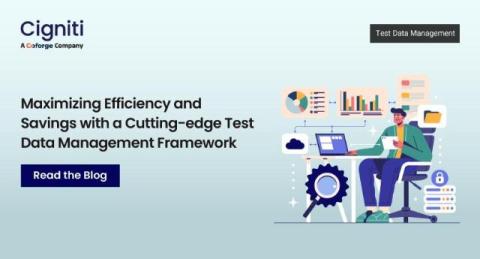Keboola DEV/PROD Lifecycle Via Git
Keboola offers a robust virtual branching environment, enabling users to seamlessly create a shadow copy of their entire Keboola Project. This allows for development and testing of changes without affecting the production environment. These development branches contain a copy of the underlying project data, ensuring that when a pipeline is executed in the development branch, the production data remains unaffected.











